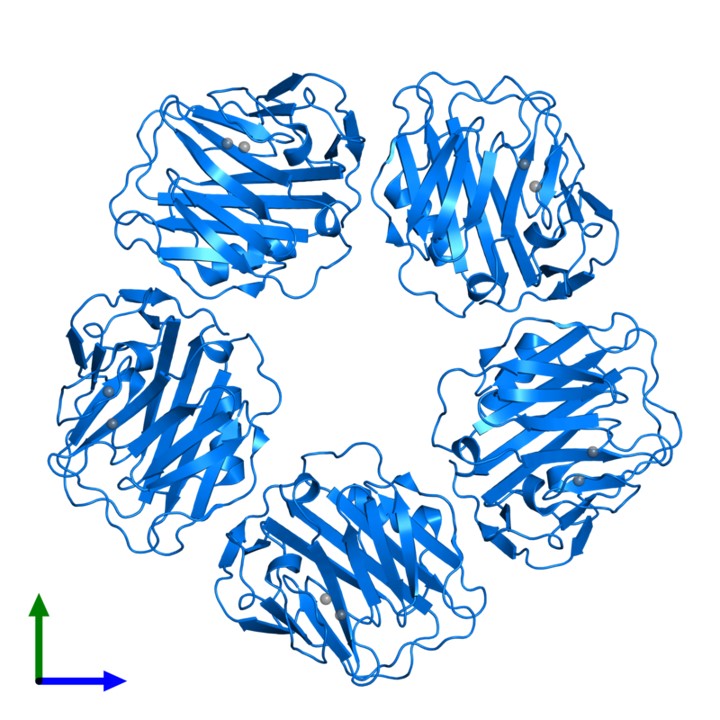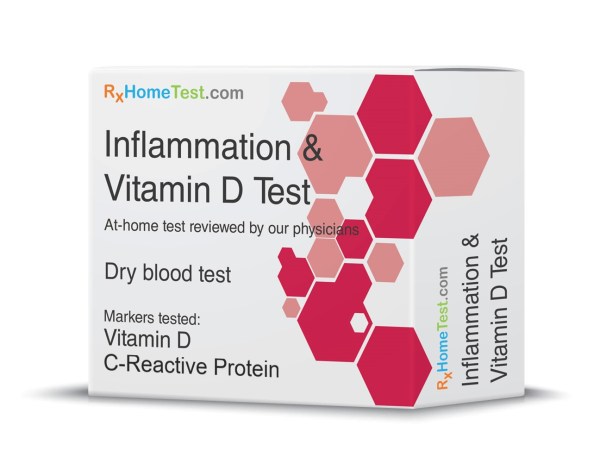
Heart failure is a major public health issue across the world.
Some risk factors for heart failure are well understood and are relatively easy to measure clinically, such as obesity, blood pressure, cholesterol, and blood sugar. However, these risk factors account for only a small portion of heart failures. There are many complex interactions going on within our bodies and with our genetics that could be playing a role in increasing risk of heart failure.
This is where “biomarkers” can be helpful.
A biomarker can be anything from enzymes, hormones, or other biological substances that indicate cardiac stress or heart injury. There are three criteria that they should fulfill in order to be considered clinically useful.
First, they must be quickly, accurately, and repeatedly measurable at a reasonable cost. Second, they must provide information that can't be determined from a careful examination. And finally, once measured, the marker must be useful in making medical and treatment decisions (Morrow & de Lemos, 2007).
While not all current biomarkers of interest fulfill all three of these requirements, many may still help in our understanding of potential heart failure risk while research continues to understand the complex nature of this diagnosis.
C-reactive protein
Fas (APO-1)
Tumor necrosis factor α
Interleukins 1, 6, and 18
One of the earliest and most important development in understanding different forms of heart failures is inflammation. For this reason, biomarkers of inflammation are of key interest to scientists and physicians (Pepys and Hirschfield, 2003).
The first biomarker linked to inflammation was C-reactive protein (CRP). Using basic measurement techniques in 1954, CRP was detected in 30 out of 40 patients with heart failure. It was observed that those with more severe heart failure had higher levels of CRP.
Since then, many different low-cost, high-sensitivity tests for CRP have been developed and are being used clinically. Increased CRP levels have been shown to be predictive of increased risk for heart failure in patients who otherwise show no symptoms. However, increased levels of CRP do not indicate any specific cause.
Elevated CRP has been associated with infection, smoking, and other active inflammation not related to the heart. While the cause may be harder to decipher, high CRP levels are potentially predictive of future risk of heart failure and should be tested for (Braunwald, 2008).

Another inflammation biomarker, Fas or APO-1, has been shown to play an important role in the development and progression of heart failure. Like CRP, elevated APO-1 levels have been reported in patients with heart failure, higher levels being associated with more sever cases.
In animals, inhibition of APO-1 has been seen to improve survival; however, efforts to develop drugs to inhibit APO-1 in humans are still in the early developmental stages (Braunwald, 2008).
Measurements of CRP and APO-1 as biomarkers for heart failure could aid physicians in predicting risk of future heart failure in both patients with other risk factors and in those who otherwise show no potential risk factors.
In the future CPR and APO-1 could be the targets of preventative treatments for patients with heart disease and life prolonging treatment for patients with heart failure. For this reason, it is important for patients that may be at risk for heart failure to have their CRP and APO-1 levels measured regardless of whether they show other risk factors.

CRP, Inflammation, and Risk of Heart Disease - a comprehensive review of C-reactive protein.
A Blood Test for Inflammation - C-Reactive Protein - learn how to check low levels of inflammation
Obesity and the Risk of Heart Disease - how weight impacts heart health.
Cardiovascular Disease and Vitamin D - a comprehensive review of the role Vitamin D plays in heart health.
The Most Common Signs of Vitamin D Deficiency - learn the signs to get tested.
Genetic Variants of Heart Disease - a detailed look at the critical role genes play in heart diseases.
Inflammation in the Body – how & why of inflammation.
APoE, Alzheimer's, Dementia, and CVD - the complex role of APoE gene.
E Braunwald, Biomarkers in heart failure, New England Journal of Medicine 2008, 358(20), 2148–2159.
DA Morrow and JA de Lemos, Benchmarks for the assessment of novel cardiovascular biomarkers, Circulation 2007, 115:949–952.
Mark B. Pepys and Gideon M. Hirschfield (2003), C-reactive protein: a critical update, J Clin Invest. 2003 111(12):1805–1812.